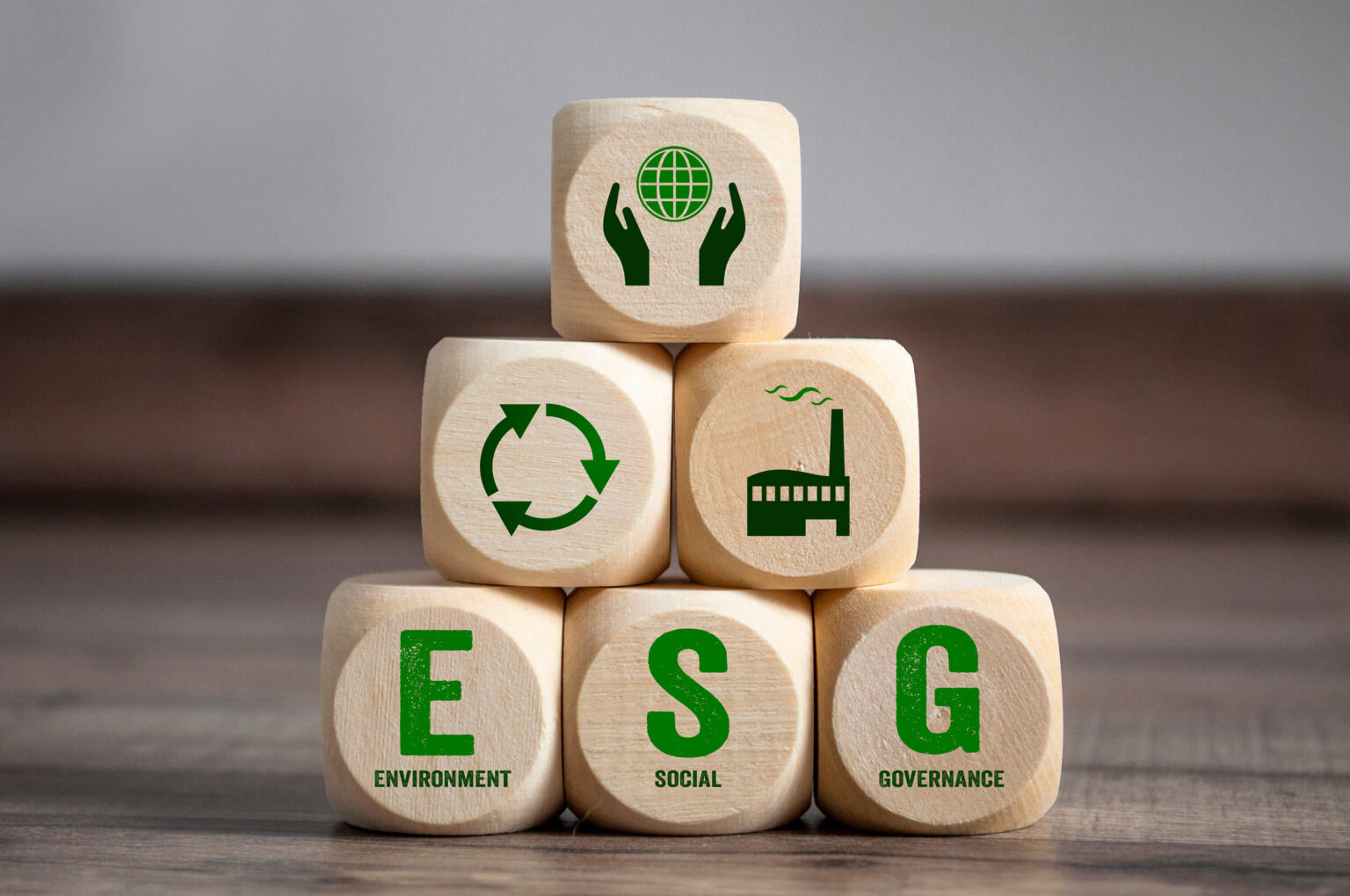Today, consumers use their purchasing power to reward companies that take responsible business practices seriously. They demand transparency and accountability in how companies operate, invest, and produce goods.
In response to these changing market dynamics, the Environmental, Social, and Governance (ESG) movement has grown significantly over the last few years. More and more businesses recognize that integrating social responsibility into their operating principles can lead to a multitude of benefits — from reduced risk and distrust among customers to increased brand loyalty, customer retention, and even positive media coverage.
Let’s dive in and understand more.
What is it?
ESG refers to the three main areas of sustainability: Environmental, Social, and Governance.
Breaking down the concept – Environment deals with considerations connected with energy use, toxic emissions, waste disposal, and natural resource conservation. The Social aspects entail the supply chain elements of a company, community contributions, working conditions at the workplace, and so on. Finally, the elements of Governance include transparency, decision-making, representation of environmental and social stakeholders, etc.
Together, they focus on the company’s long-term value, including its relationships with employees, customers, and the wider community. Financial sustainability is also part of ESG.
The primary drivers – The millennial generation has grown up with a focus on sustainability issues, and they make up a large part of the consumer market. This has led to an increase in demand for (and supply of) environmentally friendly and ethically produced products. There has been increased media coverage on sustainability issues, which has led to improved public awareness. Consumers have become more empowered due to the growth of social media, which has led to a greater demand for transparency and accountability from companies. Investors and executives have also realized that a strong ESG proposition can pave the way for a company’s long-term success. The war in Ukraine and its ramifications across the geopolitical, economic, and social spheres have heightened the talk around ESG, capturing the world’s attention.
“If you don’t address the corporate culture, and endeavor to put social and environmental purpose at the heart of that culture, paradoxically, you won’t actually get the effects you want, including the financial ones.” – Hugh Wilson, Corporate Sustainability and Social Impact Expert, Warwick Business School (WBS).
The Gains
It’s more than a goodwill-generating, feel-good fad. ESG betters the cause of businesses in the following ways:
Improved Brand Reputation – The ESG initiatives of companies improve their brand reputation and increase customer loyalty, leading to long-lasting relationships with clients, and eventually to profitability. The more transparent and accountable companies are, the more likely they are to attract reputable investors.
Value-edged – Research points out that companies that work effectively with ESG realize higher equity returns due to customer impressions and reduced risk. This is enabled by lower loan and credit default swap spreads and the privilege of higher credit ratings enjoyed by these organizations. Even measures such as greener packaging, usage of renewable energy, digital receipts, and effective waste management help save costs and reduce cabin footprint.
Scope for expansion – Governments provide a helping hand to companies with sustainable objectives through special licenses and permissions, which helps them expand their operations.
Together, they focus on the company’s long-term value, including its relationships with employees, customers, and the wider community
The investor angle
A growing number of investors incorporate ESG issues into their investment strategy. This can be attributed to:
- A common desire to maximize the return on their investments by avoiding other investments harmful to the environment or society.
- Access to a broader pool of investment opportunities as a growing number of companies are committed to implementing best practices in the areas of ESG. This can lead to a reduction in risk for investors and a better chance of profit.
- The opportunity to earn a more attractive rate of return as companies that have a positive impact on their communities and the environment often pay higher wages than other companies in the same industry.
- Eligibility for tax breaks. This can help investors save money for retirement or other financial goals.
A few limitations
All this said, every coin has two sides. Investors need to understand that some of these limitations may not necessarily weaken the scope of their project in its entirety.
Nothing is guaranteed — Shareholders may use their power and influence to push for changes in a company. While this can benefit investors, it is essential to note that ESG issues do not guarantee greater profitability.
No Protection from Financial Risk — Companies with a positive impact on their communities and the environment also experience financial issues and market fluctuations. This can lead to a reduction in profit for investors. In such cases, no federal protection is in place for an investment strategy based solely on the ESG of a company. Many of the ESG factors aren’t quantifiable either which means that investors who rely on ESG issues alone tend to lose money if a company experiences a financial crunch.
Read the disclosures carefully — Investors must carefully analyze if companies practice what they preach. Many corporate sustainability disclosures talk about processes and procedures but fail to execute them. It is also pertinent to understand if the data disclosed by companies are accurate and highlight the true nature of their adherence to the ESG cause.
ESG is a growing phenomenon. The concept was also an important agenda of the World Economic Forum’s 2021, Davos summit.
While there are no concrete blueprints that can have a robust ESG strategy in place, the following measures have been commonly used to great success:
The first step — Identify the sustainability issues that are most important to your company, something that gels well with your value system and business objectives. Prioritize these issues, dealing with the most important first.
Create a Sustainable Business Model — Create a framework to help you reach that objective. You can begin by looking at your most significant inputs and outputs and identifying areas where you can make improvements.
Effectively Communicate the Business Model — You should communicate the business model to your employees and other stakeholders. This will help them understand and support the model and its sustainability initiatives.
Here to stay
ESG is a growing phenomenon, as evidenced by the major measures of many global bodies.
The concept was also an important agenda of the World Economic Forum’s 2021, Davos summit. Soon after, many countries began announcing their pledges to achieve ‘Net Zero Carbon Emissions’ by 2050. This suggests that we are not talking about a term that is a new entrant into the big, wide corporate culture. Companies like Apple and Microsoft have committed to carbon-negative objectives. Asset-heavy sectors are tilting towards higher usage of renewable energy to reduce their carbon footprint. This has paved the groundwork for future-ready, value-driven enterprises, a future that now looks beyond the bottom line and towards a better world for all.


